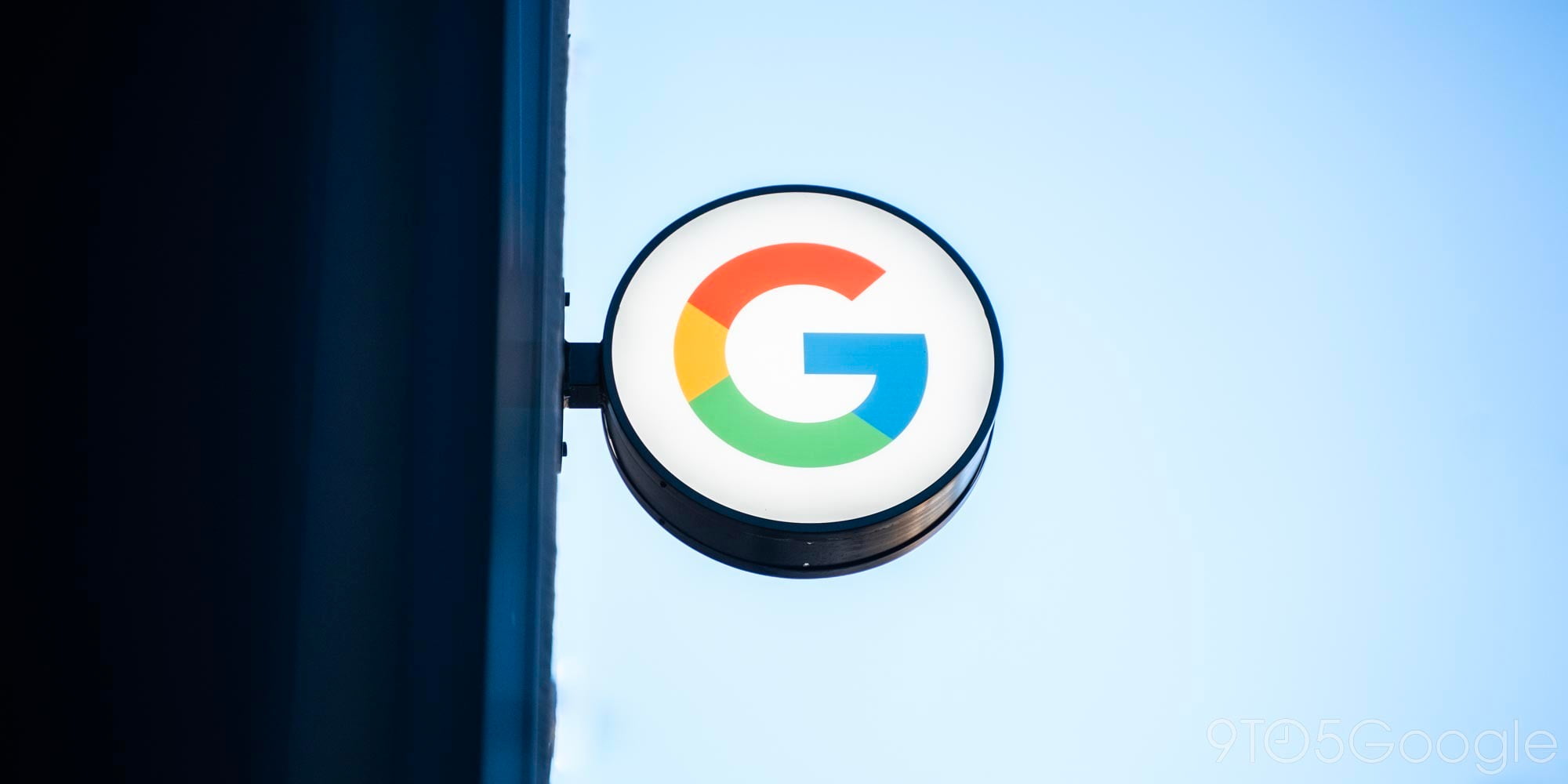
Due to COVID-19, office work today is limited to essential personnel that might require tools and equipment only available in-house. Given the impact to student interns, Google’s “plan B” to continue the program this summer is focused on WFH open source projects.
Google’s summer internship program dates back to 1999 and is already underway this year. However, “some adjustments” were made since “interns won’t have the benefit of working next to experienced Googlers in a traditional office environment.” Google’s WFH requirement “impacts the kinds of projects [interns] can work on” this summer.
This year, many technical internships will focus on open source projects. Open source is a model that makes a product’s underlying code available for anyone to work on, so even though interns didn’t have access to certain technical resources in a Google office, they could still contribute to meaningful projects.
Google notes how the inherently decentralized nature of open source makes it a “perfect fit for many of our remote, globally dispersed interns.” The company put out an internal call for projects and hosts, thus leading to 1,000 potential projects for the next three months.
In addition to contributing to Google-created projects like TensorFlow, Kubernetes, Istio, Chromium, Apache Beam, and OSS-Fuzz, the interns will tackle projects to support COVID-19 response efforts, including integrating COVID-19 data into the Data Commons and contributing to the Covid Severity project.
According to the company, more than 1,000 technical interns from 43 countries are now “actively contributing to open source projects.”
Meanwhile, Google will “start to open more buildings in more cities” for employees on July 6, depending on “external conditions”. It will “further scale the rotation program, building over time to 30% capacity” by September. For the most part, “returning to the office will be voluntary through the end of the year.”
FTC: We use income earning auto affiliate links. More.


Comments